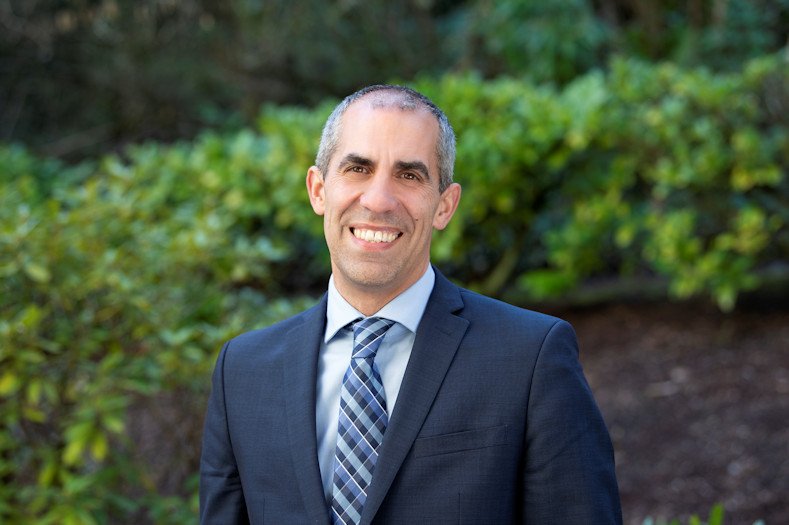Housing, mental health care among new Oregon Health Authority director’s priorities

PORTLAND, Ore. (KTVZ) — As James Schroeder starts his new role as director of the Oregon Health Authority, he is already taking aim at some of the biggest issues affecting the health of people in the state: affordable health coverage, housing access and mental health care.
Schroeder, a primary care clinician who last served as chief executive officer at the state’s largest coordinated care organization, Health Share of Oregon, acknowledged the Oregon health care system’s current “acute” challenge: hospitals jammed with respiratory virus patients. And many patients can’t be discharged because they lack housing, mental health treatment or long-term care.
In a Jan. 9 open letter to Oregon’s health care community, Schroeder called out “deeper, longer-standing problems” burdening communities across Oregon.
Too many people find themselves on the street, in jail or the hospital because they’re in crisis and can’t find the behavioral health treatment they need,” he said. “Too many people die preventable deaths from fentanyl, methamphetamine and other dangerous substances. Hundreds of thousands of people who gained health coverage in recent years risk returning to a time when small changes in income can bounce working families on and off the Oregon Health Plan, especially as federal pandemic coverage and funding winds down.”
Schroeder, who was appointed by Gov. Tina Kotek, serves as a lieutenant colonel in the Oregon Air National Guard and is the commander of the Group Medical Unit on the Portland Air Base. He stepped into his new OHA position Jan. 10, replacing Patrick Allen, who left OHA Jan. 2 after five years to become New Mexico’s secretary of health.
In the open letter, Schroeder described himself as “a community health primary care clinician with deep roots in advocating for social justice and health equity.” Those roots included providing clinical care to rural, uninsured, Spanish-speaking patients “who frequently drove more than 50 miles each way to see me so they could talk to someone who spoke their language.”
“To this day, I carry a profound respect for their strength and resilience, and an abiding commitment to break down barriers to care that many families continue to face,” he said.
At OHA, Schroeder said he will focus on protecting health coverage, implementing Oregon’s Medicaid waiver and elevating behavioral health. He said the agency will apply these values in the pursuit of the agency’s top priorities:
- Maintain coverage for all 1.4 million people now enrolled in the Oregon Health Plan (and who remain eligible) as the federal pandemic emergency ends, and ensure that economically vulnerable working families who move off OHP have affordable coverage options.
- Implement Oregon’s ground-breaking Medicaid waiver and fulfill its potential to interrupt many of the root cause problems that undermine health and quality of life in communities statewide.
- Help communities across the state develop a behavioral health system of care that is able to meet the needs of people who are struggling or in crisis.
In addition to social justice and health equity, Schroeder wants to help OHA continue its collaboration with local and state partners – as he did as a community health practitioner – to tackle the state’s biggest health issues. But the agency must do more to hold partners accountable for better outcomes, “instead of documenting compliance with process and output measures through burdensome reports.”
“Incentive payments to CCOs have reduced avoidable emergency department visits and increased childhood immunizations for OHP members,” he explained. “We need to measure and reward better results across all our systems.”
One thing that won’t change under his leadership: OHA’s commitment to eliminate health inequity in Oregon by 2030.
“Oregon has proven it can be done,” he said. “Today, the adult COVID-19 vaccination rate for Latinos is on par with whites, and the COVID-19 vaccination rate for Black, African and African American persons outpaces both groups. I will do everything I can to keep the agency focused on health equity and sustain the community partnerships that made these gains possible.”
Schroeder has a bachelor’s degree from the University of Colorado and a master’s degree from the University of Nebraska. Additionally, he has completed the Community Health Leadership program at the University of Washington, and Kaiser’s Executive Leadership Program at Harvard Business School.



